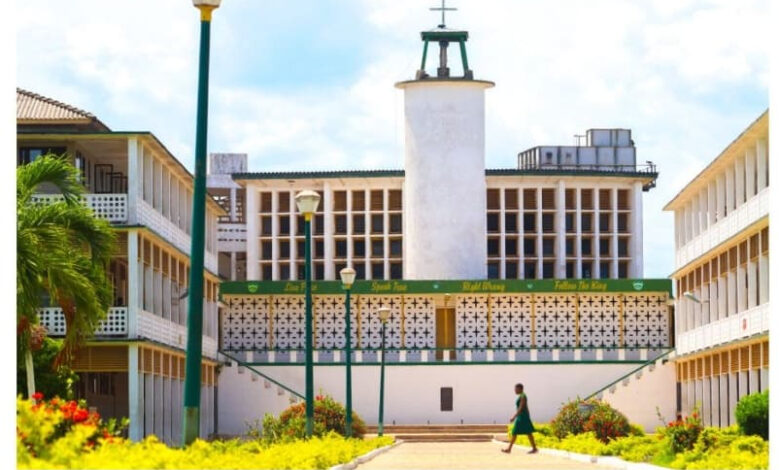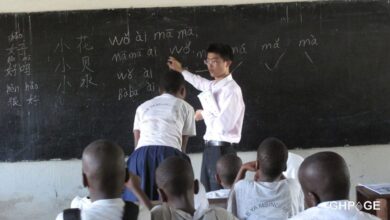Wesley Girls’ religious restrictions ‘constitutionally abrasive’

Social commentator Hanan-Confidence Abdul has waded into the ongoing controversy surrounding the refusal by Wesley Girls’ High School to allow Muslim students to practise their faith on campus, describing the stance as discriminatory and contrary to Ghana’s shared national values.
In a Facebook post, he argued that the issue goes beyond school regulations and touches on fairness, constitutional rights and the essence of nationhood.
“Religion does not only make nonsense of education but of common sense as well,” he wrote, insisting that the debate must be viewed in a broader national context.
Abdul compared the situation to past political statements condemned for dividing the country along ethnic or regional lines.
Referring to comments once linked to a leading political figure, he recalled; “When Osafo Marfo told his kindred that they should not allow northerners to rule over them because all the resources in Ghana were in the south, we unanimously condemned it in no uncertain terms.” He stressed that resources located anywhere belong to all Ghanaians.
Extending that logic to education, he said schools run by religious missions are funded by all taxpayers, not only by members of particular faiths.
“Yet because of religion, you are telling Muslims that if they cannot obey simple instructions, then they should go to Islamic schools and allow the ‘visionary missionaries’ to keep their schools: schools funded by the taxpayer’s money. Taxpayers who are Christians, Muslims and those who do not believe in God at all.”
Abdul questioned why students benefiting from national resources should be restricted based on religious identity, arguing that public access cannot be selectively applied.
He asked whether the same principle would be acceptable if applied elsewhere; “If, upon completion, Ibrahim Mahama declares that only Gonja students must be accommodated, would you have a different opinion?”
He also posed a similar scenario involving public transport: “If Shatta Bandle starts a public transport service and declares that it is only for Muslims travelling to Accra, would that be considered non-discriminatory?”
While acknowledging the historical contributions of religious missions to Ghana’s education sector, he maintained that certain boundaries must not be crossed.
“Missionaries built their schools: that is fine… They have every right to set rules and insist those rules be followed. But to forbid students from practising their faith is an overstretch that is not only fundamentally wrong but constitutionally abrasive,” he insisted.
Drawing from his personal experience in a Catholic primary school, Abdul noted that compulsory school ceremonies did not require anyone to abandon their identity.
“That is how I found myself singing melodious hymns and gaining notoriety for my masculine coarse pitch at the Holy Cross Cathedral in Gumbihini,” he recounted.
He urged Ghanaians to preserve the country’s longstanding religious harmony and avoid policies that may undermine it.
“Ghana is a beautiful country, and our religious interconnections are admirable. Let us not allow these overlooked yet passionate constructs to seep into our national character,” he wrote.
Concluding his commentary, Abdul emphasised tolerance and respect for diversity. “Harmony and uniformity is not achieved by sameness, but by the disciplined art of acknowledging unity in diversity,” he stated, warning that coercion has no place in building national cohesion.





